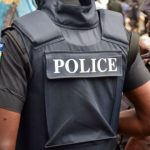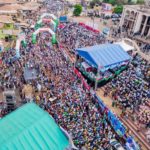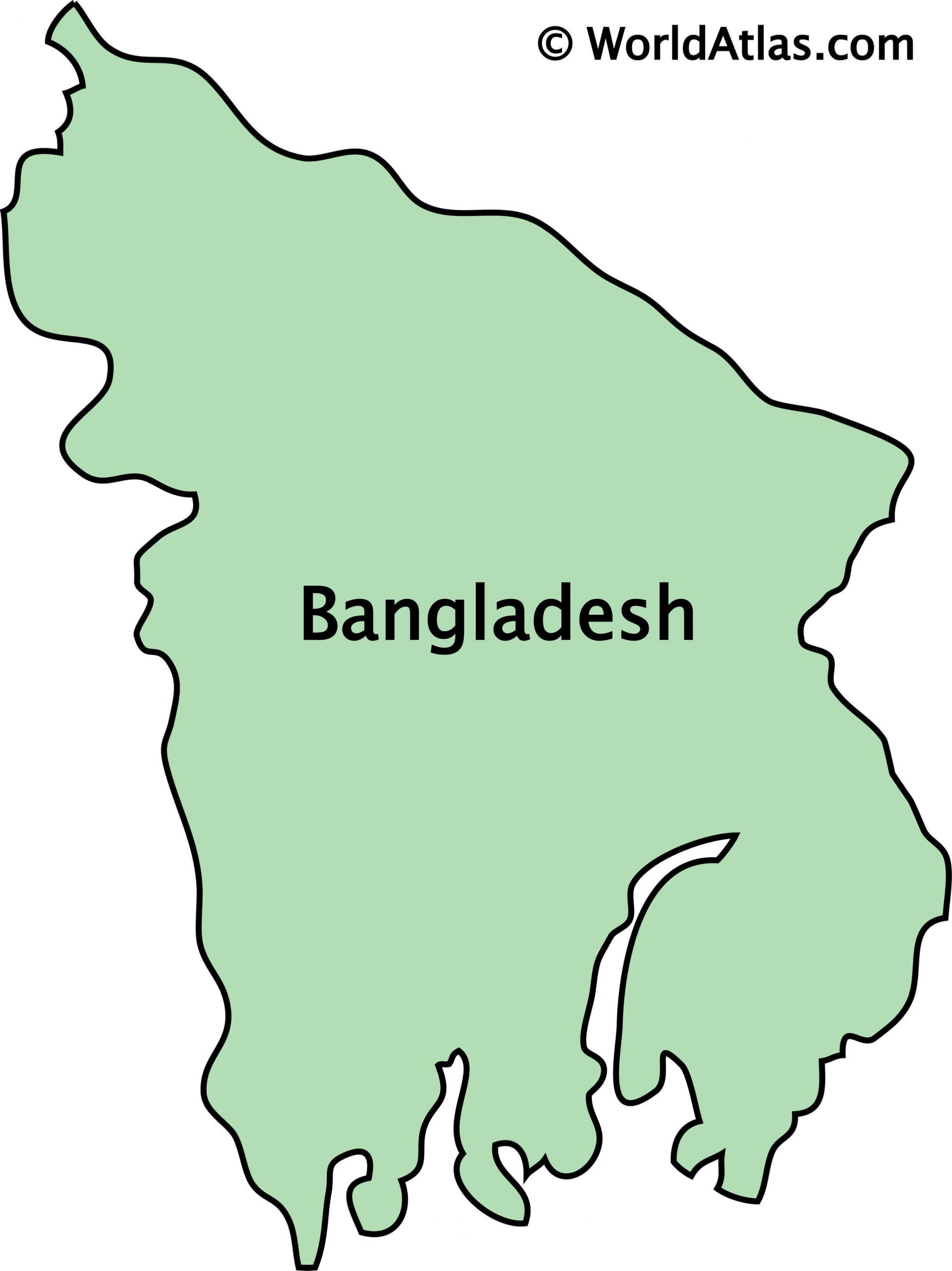The United Kingdom government has strongly condemned the killing of 33 kidnap victims in Banga town, Kaura Namoda Local Government Area of Zamfara State, describing the act as an “unspeakable crime.”
The victims were reportedly murdered on Sunday by bandits despite the payment of a N50 million ransom.
The attackers had initially abducted over 50 residents from the community but later released 17, mostly women, after receiving the ransom.
UK Deputy High Commissioner to Nigeria, Gill Lever, made the remarks on Tuesday during the launch of the State Expansion Programme for the Anti-Kidnap Fusion Cell—an initiative of the National Counter Terrorism Centre in collaboration with the UK government.
“I want to express my condolences to the people of Zamfara State, that horrible kidnap where even when ransom was paid, only a few people were released and the others were murdered,” she said.
“It’s an unspeakable crime that has impacts on society, on communities, on families. It damages people’s mental and physical well-being, retards economic progress and all the other things that we know well. And we must bring an end to this.”
Lever emphasised the need for united efforts to tackle the growing threat of kidnapping across Nigeria.
“We must stop this. We must limit this. Because we all feel passionately and keenly what the terrible impacts are of kidnapping. So, my condolences to the people of that state and to the affected people and to their families and their friends. This is what we want to try and stop,” she added.
According to Lever, the Multi-Agency Kidnap Fusion Cell is a three-year initiative aimed at fostering coordinated responses among Nigeria’s security agencies to combat kidnapping. The Cell supports the Nigerian Police and the Department of State Services (DSS) by collecting, analysing, and sharing relevant data with the Office of the National Security Adviser, including providing state-specific trends on kidnapping incidents.
“The Multi-Agency Fusion Cell and the training that’s going on this week comes out of a deep partnership that the United Kingdom and Nigeria have, called our Security and Defence Partnership,” she noted.
“It’s part of our overall strategic partnership, signed by our foreign ministers last year, and a partnership that’s based on mutual trust and mutual respect and mutual support.”
She further highlighted the UK’s approach to the collaboration, stating, “In the work that the UK Crime Agency has been doing with NCTC and the Nigerian Police and other stakeholders, very much grounded in those key principles and wanting to formulate a model that is for Nigeria, not the UK imposing its idea of what a kidnap fusion centre should look like, but something that you as the experts, you as the people that experience the reality of kidnaps, want and need and that speaks to your needs.”
Lever added that during a recent Security and Defence Partnership meeting in London, both countries agreed to expand the capabilities of the Fusion Cell to the state level.
“So this week sees the next phase of collaboration. So Nigerian Police and DSS kidnap commanders from every state here in Abuja attending what we call the state expansion programme. And this will synergise the Multi-Agency Fusion and the state response teams to produce a joint effect greater than their individual entities,” she said.











